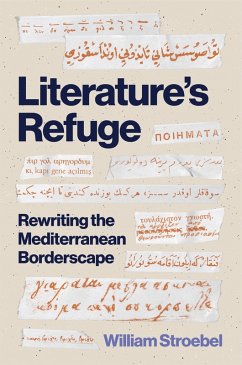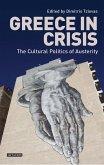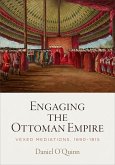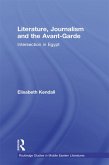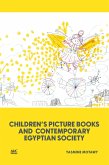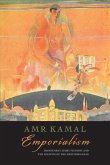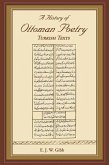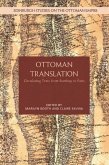Stories silenced or sequestered by a century of mass displacement, recovered and curated In 1923, the Greco-Turkish Population Exchange uprooted and swapped nearly two million Christians and Muslims, "pacifying " the so-called "Near East" through ethnic partition and refugeehood. This imposition of borders not only uprooted peoples from their place in the world; it also displaced many of their stories from a place in world literature. In Literature's Refuge, William Stroebel recovers and weaves together work by fugitive writers, oral storytellers, readers, copyists, editors, and translators dispersed by this massive "unmixing" of populations and the broader border logic that it set in motion. Stroebel argues that two complementary forces emerged as a template for the Eastern Mediterranean's cultural landscape: the modern border, which reshuffled people through a system of filters and checkpoints; and modern philology, which similarly reshuffled their words and works. Philologists and publishers defined modern literature by picking apart, extracting, reformatting, or dispossessing refugee and diasporic texts across a racialized borderscape-a gray zone of semi-inclusion and semi-exclusion, semi-mobility and immobility. Stroebel reaches into the chinks and crannies of this borderscape to reconstitute the rich textual geography between Greek Orthodoxy and Sunni Islam, between Greek-script, Arabic-script, and Latin-script literary traditions at the edges of Europe and the Middle East. Doing so, he offers a new methodological toolkit for rewriting the modern borderscapes of world literature.
Dieser Download kann aus rechtlichen Gründen nur mit Rechnungsadresse in A, D ausgeliefert werden.

